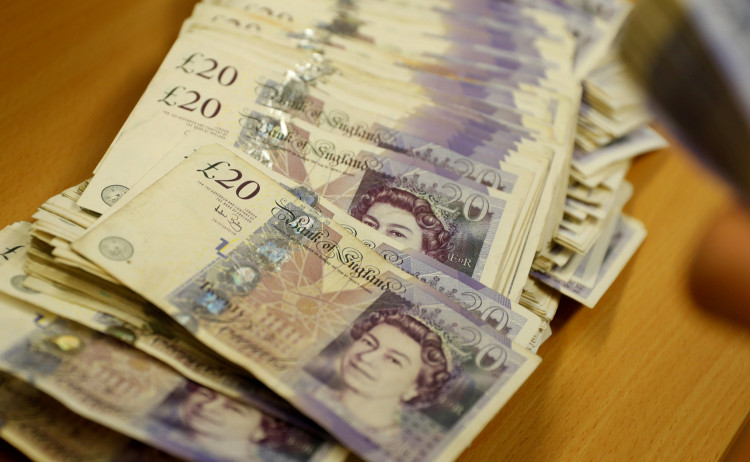On Wednesday, local time, data from the UK's Office for National Statistics showed that the UK's Consumer Price Index (CPI) rose 7.9% year-on-year in June, falling short of the projected 8.2% and well below the 8.7% figure from May. This marked the first time in over a year that the UK's CPI inflation rate has fallen below the 8% threshold, hitting its lowest point since March 2022 and falling below predictions for the first time in five months.
Additional data revealed that the UK's core CPI increased 6.9% in June compared to the previous year, underperforming the expected 7.1% rise and May's figure of 7.1%. June's harmonized CPI rose 7.3% year-on-year, less than the predicted 7.5% and May's 7.9%. The monthly CPI increase for June was a mere 0.1%, significantly below the projected 0.4% and far short of May's 0.7%.
Despite the obvious decline in the rate of food price increases in the UK in June, which dropped one percentage point to 17.3% from May's 18.3%, the high cost of food continues to put substantial pressure on many households' finances.
The Office for National Statistics noted that although the June CPI's year-on-year increase was the lowest since March of the previous year, it was still higher than the price increases seen in many major affluent economies.
The UK is one of the countries most plagued by inflation among major economies. Its recent slowdown, coupled with the June inflation data released by the US last week, suggests that the monetary tightening measures implemented by central banks globally to combat inflation since last year are starting to rein in rising prices, hinting that the current interest rate hike cycle is gradually nearing its end.
At a meeting in late June, the Bank of England unexpectedly raised interest rates, increasing the bank rate by 50 basis points to 5%, the highest level since April 2008. After the announcement of these inflation figures, traders have reduced their bets on further rate hikes by the Bank of England, currently predicting a peak interest rate of under 6%. However, a 14th consecutive rate hike by the Bank of England is still anticipated at the beginning of August.
The release of these figures sparked a surge in the UK stock market and a substantial decline in the value of the pound, while UK bond yields fell. UK homebuilding stocks soared, with the FTSE 350 household goods and construction index rising 7.2%, recording its largest increase since 2008. Leading stocks included homebuilder Redrow, which climbed 9.3%, Crest Nicholson, which increased 8.4%, and Persimmon, which rose 8.0%.
Analysts suggest that given the bearish investor sentiment towards the UK and the depressed holdings in UK stocks, these inflation figures could spark a strong short covering rally. According to Bloomberg's statistical data, UK stocks are valued at a discount of up to 40% relative to other developed economies globally.
It is important to note that despite the reduction, inflation in the UK remains high, suggesting that the Bank of England's tightening cycle is not yet complete and the country's economy still risks falling into a recession.
Data released on Wednesday by the EU Statistics Office also showed an unexpected increase in the Eurozone's core inflation indicator for June, strengthening expectations of a European Central Bank rate hike next week.
European stocks generally saw slight gains on Wednesday, but didn't match the performance of UK stocks. Real estate and consumer stocks fared well, while basic resources and media stocks fell. After a strong performance in the first half of this year, European markets slowed down in July as investors balanced economic growth and European Central Bank monetary policy, while the earnings season kicked off on a positive note.





